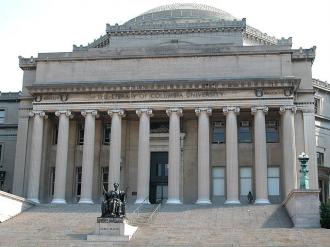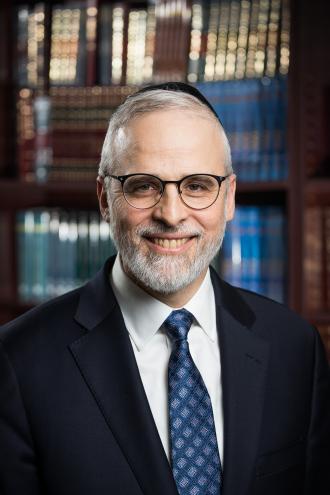[Ed. Note] Out of the respect and recognition of the impact made by longtime BJL friend and contributor, Reb Shaya Gross, z’l, we will maintain a living memoriam to Shaya through the sweet words and thoughtful insights of his Divrei Torah. BJL readers will remember his weekly column on the Parsha and on various Torah ideas and concepts. These meaningful words will help us remember this special young man who will be sorely missed and for those who did not merit to know him, this will be the most appropriate way for them to become familiar with who he was.
The simple understanding of Birchas Kohanim is that the Kohanim are blessing us. The Akeidas Yitzchak asks several questions on this: 1. Why do we need an intermediary between us and Hashem to give us Brachos? 2. If it’s their OWN blessing, then why, in this short three-stanza bracha, do they mention HASHEM'S name THREE times, once in EVERY stanza? 3. Why is there a rule that they can't add to the bracha if it’s their own bracha anyway?
The Akeidas Yitzchak therefore understands that the Kohanim are conveying to us that Hashem is the source of all blessing. They are reminding us to recognize that everything is from Hashem. Hence they keep saying Yivarechicha HASHEM..., Ya'air HASHEM..., Yisa HASHEM..., teaching us that all that we have is from Him.
If this is true then the question arises: why is it specifically the Kohanim who teach us this concept?
I’d like to suggest that since the Kohanim had no nachala [inheritance] in Eretz Yisroel, they didn't have material wealth and security which might have led them into thinking that their talents and wisdom were the reasons for their successes. They were totally dependent on Hashem to provide for them. Hence it was much easier for them to recognize and live with this fundamental concept. Therefore Hashem specifically chose them to convey this message to the rest of us.















